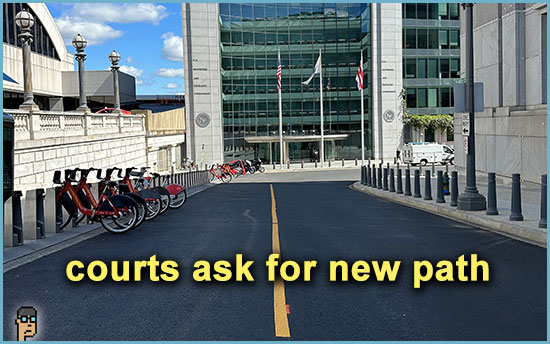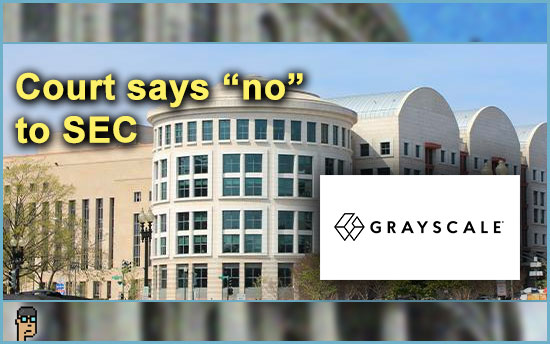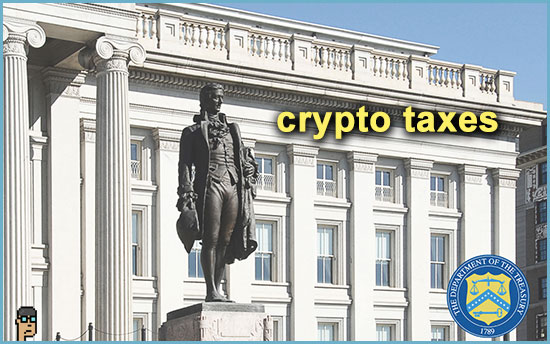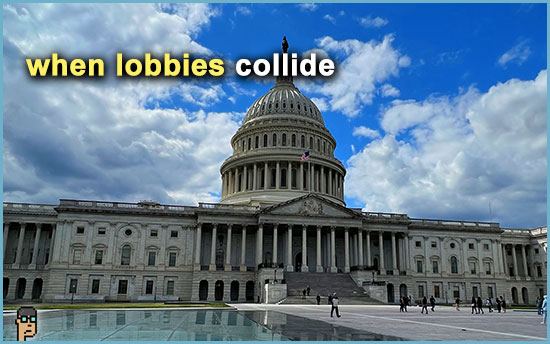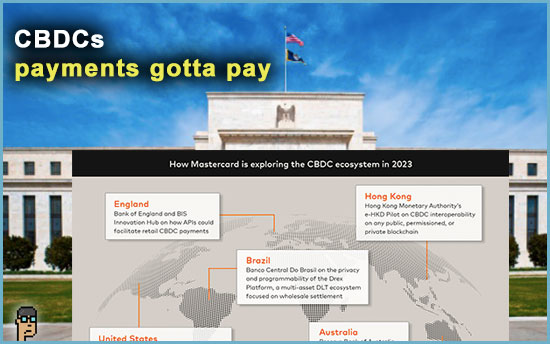EU’s big CBDC plans
In a speech yesterday titled “Shaping Europe’s digital future: the path towards a digital euro” and delivered to a committee of the European Parliament, European Central Bank (ECB) executive board member Fabio Panetta made the ECB’s case in support of the next phase of the digital euro – i.e. a European Central Bank Digital Currency (CBDC) – currently under Parliament’s consideration.
Panetta, who will become Italy’s central bank governor on November 1, said the ECB believes new private stablecoin efforts, including PayPal’s PYUSD, are “threats” to plans for the digital euro: “Private providers of payment services, including PayPal, have no incentive to limit the take-up of their stablecoins or the range of services they provide. Quite the opposite: their objective is to expand their customer base and gain market share.”
Turning to other “hot button” concerns, such as privacy and a CBDC, Panetta said “…the issuance of a digital euro represents an opportunity, not a risk, for the European financial sector. We are designing it as a safe payment tool in order to preserve the role of public money – that is, money backed by the state – while balancing innovation in payments with the stability of the financial sector and guaranteeing privacy.”
Interestingly, Panetta also mentioned how the digital euro (The EU’s CBDC) will not only co-exist with cash but have the ability to be used offline.
And then he concluded saying a digital euro “will strengthen our autonomy and resilience by relying on a European infrastructure and reducing our dependence on a handful of non-European providers.” Or, put another way, no need for the U.S. dollar.
Similar to the United States, nothing will happen on the digital euro front unless Europe’s legislative body (Parliament) approves a CBDC, which still seems a couple of years away at best.
Read the speech by the European Central Bank’s Fabio Panetta.


